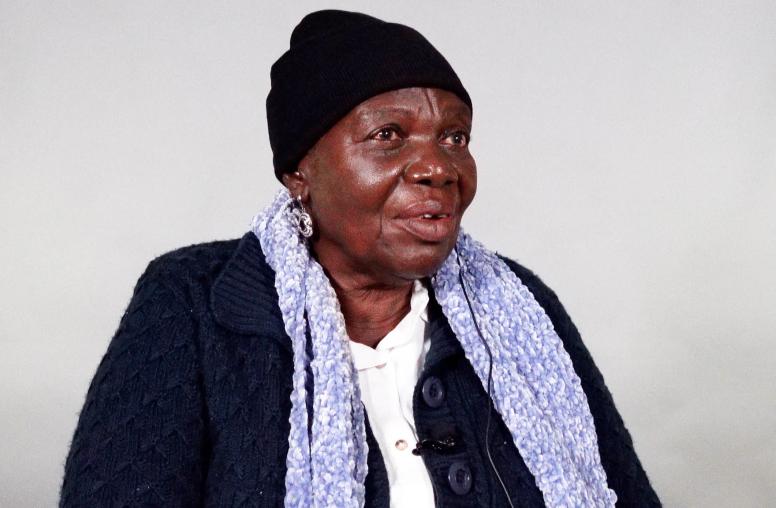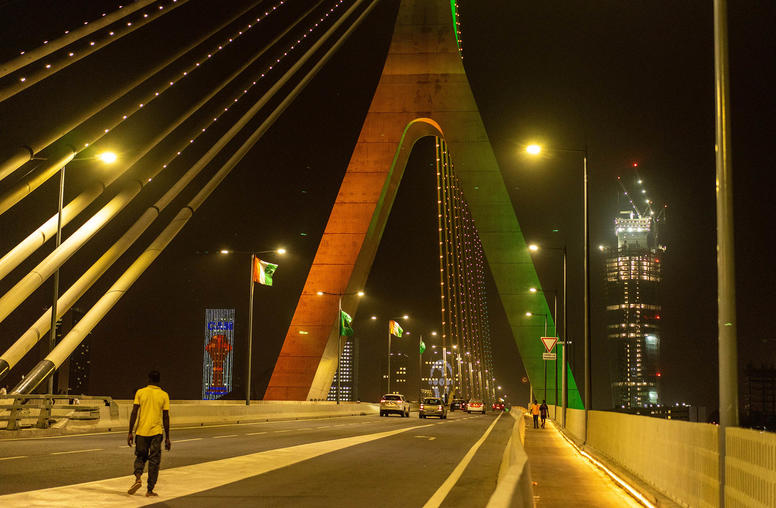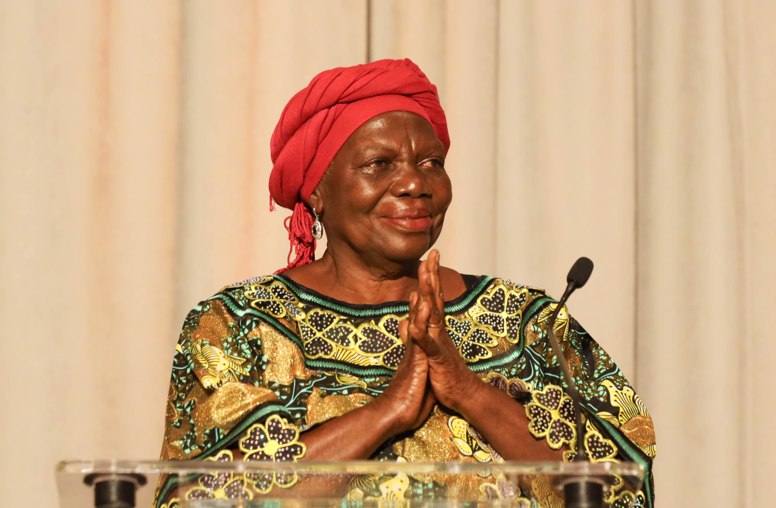Senator Jeff Merkley on Violence and Humanitarian Response in Africa
Read the event coverageSenator Jeff Merkley (D-OR) recently returned from a five-country visit to Somalia, South Sudan, Djibouti, Kenya, and the Democratic Republic of the Congo to assess the region’s humanitarian crises while seeking to better understand their root causes. He held over 35 meetings with civil society, refugees living in camps, aid workers, government officials, and U.N. peacekeepers. During his visit, it became clear to Senator Merkley that U.S. diplomatic leadership, development aid, and humanitarian response are critical to addressing the root causes of conflict, climate change and corruption.
Senator Merkley, the ranking member of the Senate Foreign Relations Subcommittee on Multilateral International Development, Multilateral Institutions, and International Economic, Energy, and Environmental Policy, spoke on Wednesday, July 11 from 9:00-10:00 a.m. about Congress’ priorities on humanitarian- and conflict-related issues in Africa. Continue the conversation on Twitter with #MerkleyAtUSIP.
Speakers
Senator Jeff Merkley (D-OR)
U.S. Senator from Oregon
@SenJeffMerkley
Nancy Lindborg, Moderator
President, U.S. Institute of Peace
@nancylindborg



